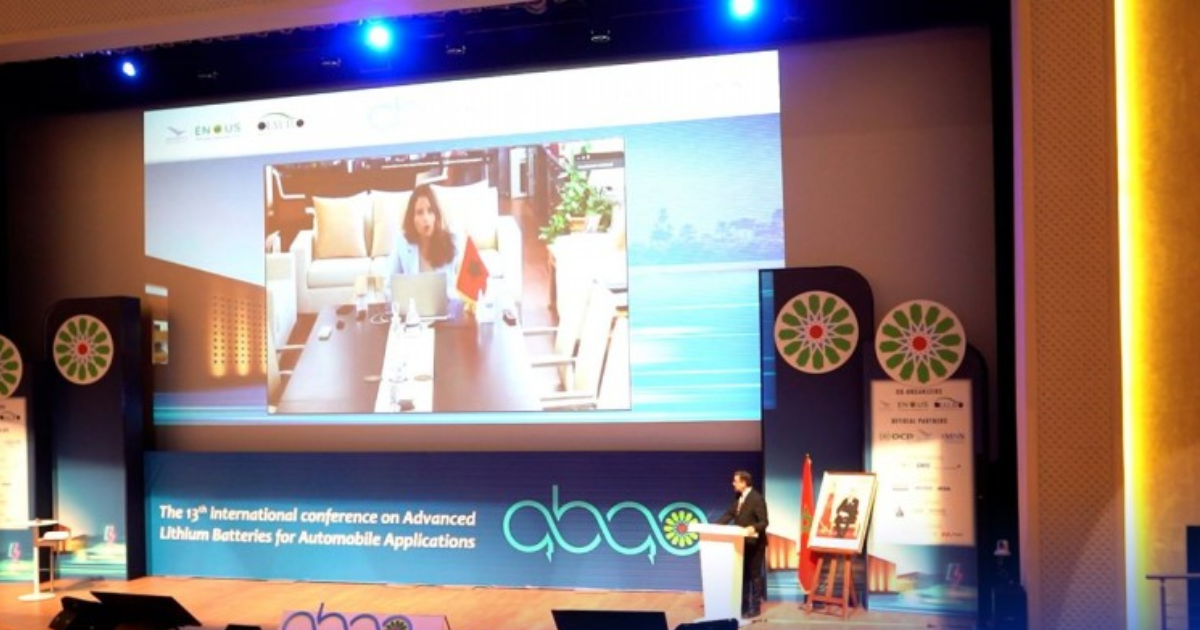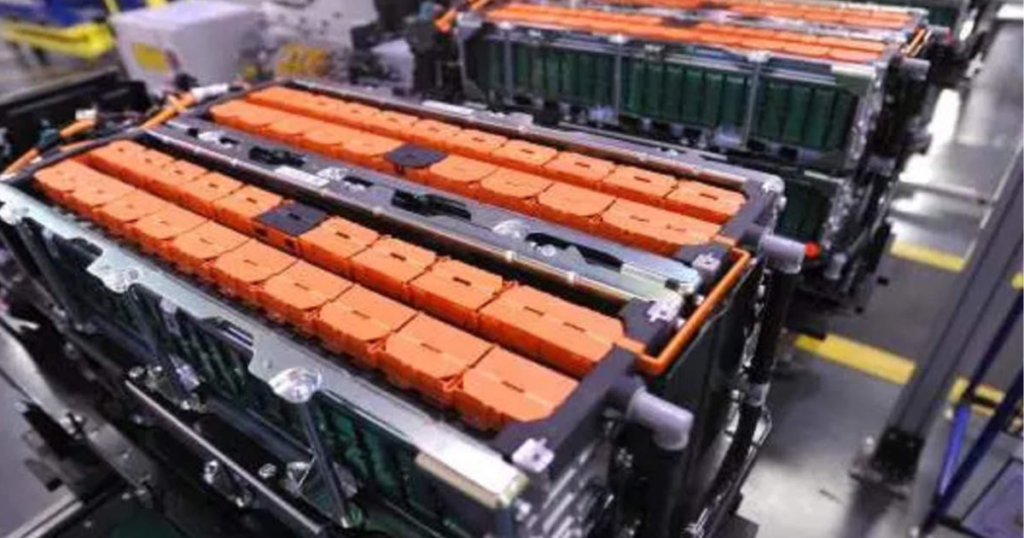Morocco Set to Become Key Supplier of EV Batteries

Morocco is investing in the development of phosphate-based lithium EV batteries that are low-cost, widely available, and more efficient. Leila Benali, Morocco’s Minister of Energy, said at an international conference on EV batteries at the Mohammed VI Polytechnic University (UM6P) in Benguerir yesterday, that the country is currently investing in developing technology to optimize the manufacturing process of Electric Vehicle (EV) batteries, as reported by Morocco World News.
Morocco’s efforts to support the “transition from scarce, high-cost cobalt, nickel, and magnesium to low-cost, widely available, and more efficient phosphate-based lithium EV batteries” were highlighted by Benali.
Morocco currently holds approximately 70% of the world’s phosphate reserves, putting it in a strong position to become a key player in the emerging supply chain for phosphate-based lithium batteries.
The statement was made during the 13th annual International Conference on Advanced Lithium Batteries for Automobile Applications (ABAA-13), which was held in an African or Arab country for the first time.
In his keynote address at the event’s opening ceremony, Hicham El Habti, UM6P President emphasized Morocco’s electric vehicle market’s significant annual growth, noting that “it has been growing at a rate of around 30%.”
“We couldn’t have chosen a better time or location to meet than today’s Morocco.” “Our country has jumped in with both feet on the energy transition for years now, developing the necessary policies and infrastructure for that endeavor,” El Habti said of the UM6P’s hosting of the conference this year.
In terms of Morocco’s R&D capabilities, the UM6P president stated that the university’s Material Science, Energy & Nanoengineering Department – also known as MSN – is working hard to “optimize the lithium battery performance using the magic of materials science.”
UM6P at the Heart Morocco’s EV Batteries Dream

According to the UM6P president, the “promising results are reinforced by the thoughtful leadership of ENSUS, our Sustainable Energy Chair, who aims to make UM6P a hub for energy research and development, with the support of OCP Group, to accompany the country’s energy transition.”
Academics, government institutions, and players from the battery and automotive industries attend the ABAA-13, which is co-organized by UM6P, ENSUS, and International Automotive Lithium Battery (IALB).
Participants hope to share their expertise as well as the most recent research and developments in advanced lithium batteries for automotive applications, including various types of EVs.
The event featured presentations from representatives of government research institutions from around the world, including the United States Department of Energy.
Speakers unanimously emphasized the importance of a two-tier strategy for advancing the EV lithium-ion industry.
According to Michael Berube of the US Office of Energy Efficiency and Renewable Energy, governments should use policies and tax breaks to encourage the private sector to invest in the development of EV batteries, in addition to funding research into more cost-effective batteries.
EV batteries for automotive applications are at the center of the current debate over decarburizing the global economy. Transportation currently accounts for 22% of global greenhouse gas emissions, and supporting cost-effective EV batteries would help the world prepare for climate change.
As the UM6P president pointed out, adopting EVs is already yielding tangible results. In 2021 alone, the industry is expected to contribute to a reduction of 40 million tonnes of CO2 emissions.
Transitioning battery manufacturing to phosphates is a promising EV market venture, as the extraction of other elements such as cobalt has been fraught with reports of human rights violations and geopolitical conflicts.
